The Twelve Stones Taken from the Jordan (Joshua 4:1–7) 11/2/2025
The Twelve Stones Taken from the Jordan (Joshua 4:1–7) 11/2/2025
As the first step in conquering Canaan, God divided the Jordan River and commanded the Israelites to cross. He then gave them an important command. From the very spot where the priests carrying the Ark of the Covenant had stood in the middle of the Jordan, twelve representatives—one from each tribe—were to take up a stone and set it as a memorial. After a trip, people often take photos or buy souvenirs to remember where they’ve been. But these twelve stones were not just souvenirs. They were to be an everlasting memorial for Israel (v.7).
- Within these stones were three promises that God gave to His people. These are blessings we are to enjoy for life and eternity, and proof that God surely fulfills His promises. They were not to take just any stones, but stones from the exact place where the priests stood with the Ark of the Covenant in the middle of Jordan (v.3). What was God truly teaching them?
1) God’s blessing and mission for His people of the covenant (v. 21–22) In short, God wanted future generations to remember and inherit the covenant and the God who fulfills it.
① As Israel conquered Canaan and entered a new age, they must never forget that all blessings came only from God. If they forget that, both they and their descendants would fall back into slavery. They would be crushed again under the powers of sin and darkness. It was Christ who delivered us from that bondage (Acts 10:38; Colossians 1:13–14).
② Especially in times of suffering and hardship. Scripture warns that darkness will cover the earth (Isaiah 60:2) and perilous times will come (2 Timothy 3:1). We must prepare for such times. We must make sure that future generations would go into the world holding onto this answer. They must remember how God helped their ancestors and parents overcome.
③ No other method was needed. When the priests stepped into the water carrying the Ark of the Covenant before them, the river parted. This is the blessing of spiritual victory for those who challenge themselves in faith rather than become oppressed by their environments.
2) God’s evangelism for those without the covenant and our mission (v.24)
① God’s purpose was that all peoples of the earth might see His mighty power and fear Him. This is how God evangelizes. Even unbelievers who oppose Him must be humbled (Exo. 14:4).
② The message that salvation comes only through Christ must be proclaimed (Romans 10:14). This is God’s second method of evangelism. It may be a foolish method of preaching, but we must be prepared (1 Corinthians 1:21). Those who are prepared will receive salvation even through this “foolish” method (Acts 13:48). Even if one soul is saved, heaven rejoices. Therefore, use every ministry and system—Summit School, Preschool, Free Clinic, and others—as opportunities to share the gospel.
③ The most practical way is by becoming witnesses. This is God’s third method of evangelism. This is the reason for God to turn our entire lives (our studies, work, pain, and suffering) into testimonies (Acts 1:8). Wherever you are, whatever you do, hold onto this absolute reason and challenge yourself in faith. Teach the next generation to discover this reason while they are young. This is the focus of our remnant ministry. Methods and teaching do not come first. We must help them form a covenant contract with God.
3) God’s eternal future and our mission.
① Verse 7 says, “These stones shall be a memorial to the people of Israel forever.” This means God has prepared an eternal future and an inheritance of glory for us.
② What is that eternal future that God has prepared? Through Christ, the one promised to come in Canaan, the Kingdom of God comes to this earth (Luke 17:21; Matthew 10:28). And on the day, He returns, a new heaven and new earth will be established (Revelation 21:1–5).
③ When will that day come? When the gospel has been preached to all nations (Matthew 24:14). That is why we focus on multiethnic missions and the 237 nations missions. Now is the most crucial time to dedicate ourselves to this calling. This is also why God must bless our work, and why trials and crises come.
- What must we pass down and leave behind as we hold onto this covenant of blessing and mission? We must build our own twelve-stone memorial, ensuring three things remain as testimony.
1) The covenant of God The Bible is the record of God’s covenant, and every blessing we enjoy is within it.
① When God created mankind, He gave them the covenant of all blessings (Genesis 1:27–28, First Covenant). When they ate the fruit of tree of knowledge, they lost everything.
② From then, people were enslaved by Satan, fate, and curses, but God sent Christ as the only way out (John 14:6; 1 John 3:8, Hebrews 9:15 New Covenant). By believing in Christ, we become children who receive every heavenly blessing (Ephesians 1:3–5).
③ God intends to turn all things in our lives into testimonies and use us as witnesses to save all nations (Acts 1:8). And Christ come again (Eternal Covenant). This covenant is the core of Scripture, the gospel. Engrave it in your heart, and pass it down to your children and world.
2) Faith toward God. God fulfills His covenant when we believe. Faith is trusting both the God who made the promise and the fulfillment of that promise. When must that faith appear? In our daily lives. Life itself is difficult without faith.
① Let the covenant Word you hear from the pulpit and the scripture you meditate on take root deeply (John 15:7).
② But when conflict, crisis, pain, or despair come, seek the covenant God gives you in that time (Psalm 107:20). If you respond with faith at that time, that moment can become the greatest blessing of your life. Prayer is the time when we can receive the faith to overcome the problems each person faces(Jeremiah 33:3; John 14:12–14; Mark 9:29).
③Jesus asked, “When the Son of Man comes, will He find faith on the earth?” (Luke 18:8). In the last days, God seeks the faith of the “ones who remain” (Romans 11:5).
3) The evidence received from God. When we hold onto God’s covenant and challenge in faith(spiritual fight), evidence follows. That’s how the Jordan River parted, Israel’s enemies fell, and the Canaan age began. We too need evidence for the Remnant and 237 age.
① Scripture says we are surrounded by a great cloud of witnesses (Hebrews 12:1).
② God has placed us in the line of the covenant (covenant journey) and the line of evangelism (evangelists’ journey) of this age.
③ Through even our small devotion, we leave evidence. That is the spiritual system and bartizan for future generations. That’s why each of the 12 tribes was commanded to set up a stone—because everyone has a unique role in this mission.
Conclusion – The past 30 years of our church’s history have been, by God’s grace, a bartizan and system of this covenant, faith, and testimony. Now may our next generation rise as the heralds, successors, and recreators of this blessing.
11.2.25 The Twelve Stones Taken from the Jordan
Pulpit_Meditation_and_Forum_Questions_11-2-2025 Meditacion_del_Pulpito_y_Preguntas_del_Foro_11-2-2025

